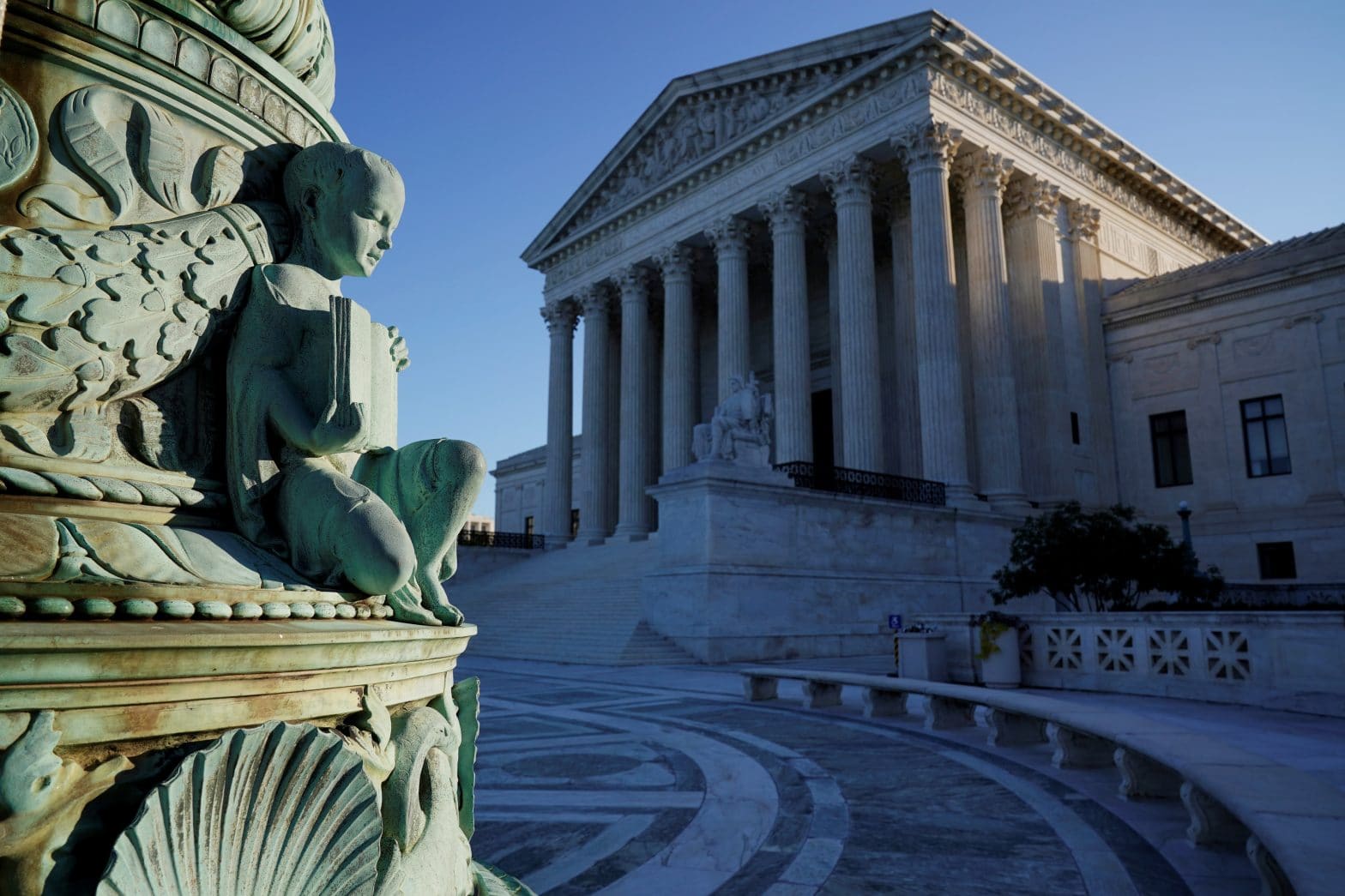Supreme Court Expands Veterans’ Rights to Sue States for Job Discrimination

WASHINGTON — A Supreme Court ruling Wednesday broadens the rights of veterans to sue state agencies for employment discrimination based on their military service.
The ruling revives a lawsuit by a former Texas state trooper who said he was forced out of his job because of a lingering injury he suffered in the Army.
His lawsuit invoked his rights under the Uniformed Services Employment and Reemployment Rights Act, which forbids job discrimination against veterans because of their military service. The law is part of the broad war powers of the federal government.
Attorneys for Texas argued the state could not be sued for employment discrimination under the doctrine of sovereign immunity.
The Supreme Court decision said the state authority must yield to federal law and policy.
“Text, history and precedent show that the states, in coming together to form a union, agreed to sacrifice their sovereign immunity for the good of the common defense,” Justice Stephen Breyer wrote for the 5-4 majority.
Le Roy Torres said in the lawsuit that he was compelled to resign by supervisors who refused to grant him a workplace accommodation for the lung damage he suffered in Iraq. They said they would allow him to have only “temporary duty.”
He enlisted in the U.S. Army Reserve in 1989 and was sent to Iraq in 2007. Torres suffered the lung damage when he inhaled toxic chemicals that were being destroyed in burn pits.
The Supreme Court said the federal law grants veterans the same rights against state employers as it would against private employers who discriminate.
Congress enacted the Uniformed Services Employment and Reemployment Rights Act in 1994 as an update to a previous law approved after the Vietnam War, when some veterans were denied employment or faced discrimination “amidst political opposition to the war,” Breyer wrote.
The more important issue than the state sovereign immunity is national defense, Breyer said. “Congress has broad and sweeping power to raise and support armies,” he wrote.
Texas Solicitor General Judd E. Stone argued that national defense was an unrelated issue. He told the court there was no evidence in the Constitution to show lawsuits against states by veterans were “inextricably intertwined with warfare or that states intended to be sued without their consent by giving Congress the power to raise an Army.”
The Biden administration sided with Torres. Assistant U.S. Solicitor General Christopher G. Michel told the court national defense was the central issue.
“The Constitution was adopted in large part to stop states from undermining federal efforts to raise a military,” Michel said. “Without a military, the federal government can’t defend itself.”
About 2 million Americans serve in the U.S. military.
The ruling continues a trend of the past 20 years to chip away at state sovereign immunity.
Earlier federal court rulings said the 11th Amendment granted states the right to be free from civil and criminal liability. More recent rulings say state sovereign immunity exists to the extent it is granted by Congress under Section 5 of the 14th Amendment.
One of the pivotal cases is the 2021 ruling in PennEast Pipeline Co. v. New Jersey, where the Supreme Court said federal eminent domain powers take precedence over state sovereign immunity.
The ruling was based on a lawsuit by private corporations that sought to build an interstate pipeline. New Jersey officials blocked it. The Supreme Court said the pipeline project could continue regardless of the state objections.
The ruling Wednesday was in the case of Torres v. Texas Department of Public Safety, case number 20-603, in the Supreme Court of the United States.
Tom can be reached at [email protected] and @TomRamstack






















